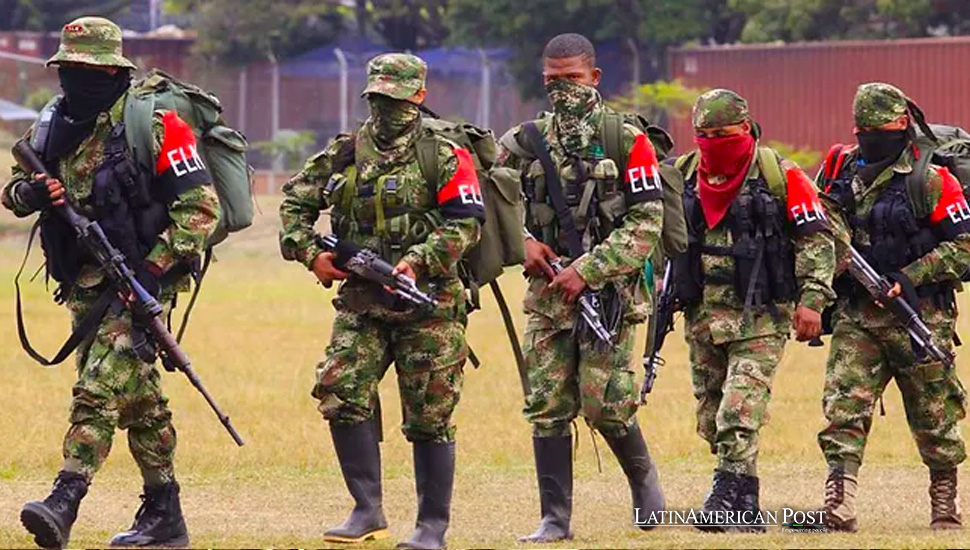Colombia and ELN Guerrillas Resume Peace Talks, Impacting Broader Latin American Stability

The Colombian government and the ELN guerrilla group will restart peace dialogue in Venezuela from April 8-22 to resolve a crisis that affects Colombia and echoes across Latin America.
Colombian Government and ELN Resume Talks
In a pivotal move that has captured the attention of both national and international observers, the Colombian government and the Ejército de Liberación Nacional (ELN) guerrilla group have announced the resumption of peace talks. This decision, set to unfold from April 8-22 in Venezuela, marks a significant step towards resolving a conflict that has lingered for decades, casting a long shadow over Colombia’s social and political landscape. The announcement signals a thaw in the previously stalled negotiations. It highlights a crucial moment for peace efforts in the region.
The dialogue between the Colombian state and the ELN hit a roadblock last week, creating tensions and uncertainty about the future of peace in the country. However, a joint statement released by both parties has confirmed their commitment to return to the negotiation table, effectively ending the suspension declared by the ELN on February 20. This suspension was a response to what the ELN described as “violations” of previously agreed terms in the ongoing peace talks, which had been progressing for 15 months.
Intensive Discussions in Havana Lead to Breakthrough
The breakthrough came after intensive discussions in Havana, Cuba, where both sides reviewed the progress and challenges facing the peace dialogue. These talks, which concluded the sixth round of negotiations on February 6 with a semi-annual extension of the ceasefire and a temporary halt to kidnappings by the guerrillas, laid the groundwork for the upcoming cycle in Venezuela.
The ELN’s commitment to internal consultations and adherence to agreed-upon terms underscores a cautious optimism for the forthcoming negotiations. The group had previously accused the Colombian government of engaging in actions that contradicted the agreed framework, citing unauthorized regional dialogues in Nariño as a departure from the national process of societal participation.
This moment of reconciliation comes at a critical time, not just for Colombia but for Latin America at large. The region has seen its share of conflict and negotiations, with countries like Mexico, Peru, and Guatemala facing their insurgencies and peace processes. Colombia’s experience with the ELN and the FARC provides valuable insights into the complexities of achieving lasting peace in areas plagued by armed conflict.
Challenges in Reconciling Peace Efforts
Despite the ELN’s accusations, the Colombian government’s insistence on regional peace efforts underscores the broader challenge of reconciling national peace processes with local realities. This approach, while contentious, reflects a nuanced understanding that peace in Colombia is not just about silencing guns but also about addressing the deep-rooted issues that fuel conflict, such as inequality, land rights, and political exclusion.
As Colombia and the ELN embark on this next round of peace talks, the eyes of Latin America are watching closely. The outcome of these negotiations has the potential to influence peace processes in other countries, offering lessons on the complexities of negotiating with armed groups, the importance of inclusive dialogue, and the role of international actors in facilitating peace.
Also read: Colombia Bolsters Firefighting Arsenal With Drug Crop Fumigation Planes Amid El Niño
The resumption of talks between the Colombian government and the ELN is a beacon of hope for a region all too familiar with the ravages of conflict. It is a reminder that dialogue remains the most potent tool for achieving peace, even amid deep divisions and longstanding grievances. As these negotiations progress, they hope they will end the conflict in Colombia and inspire other Latin American countries to pursue peace with renewed vigor and commitment.





